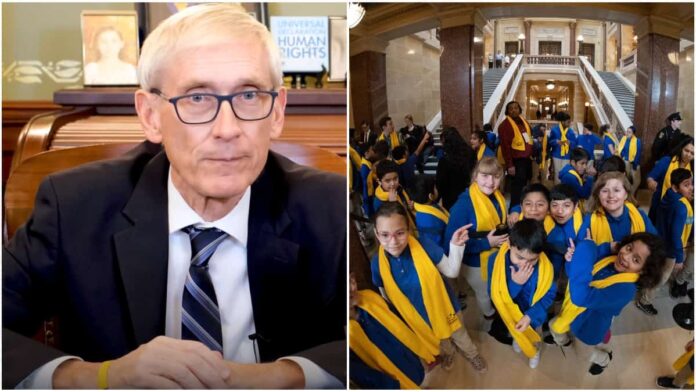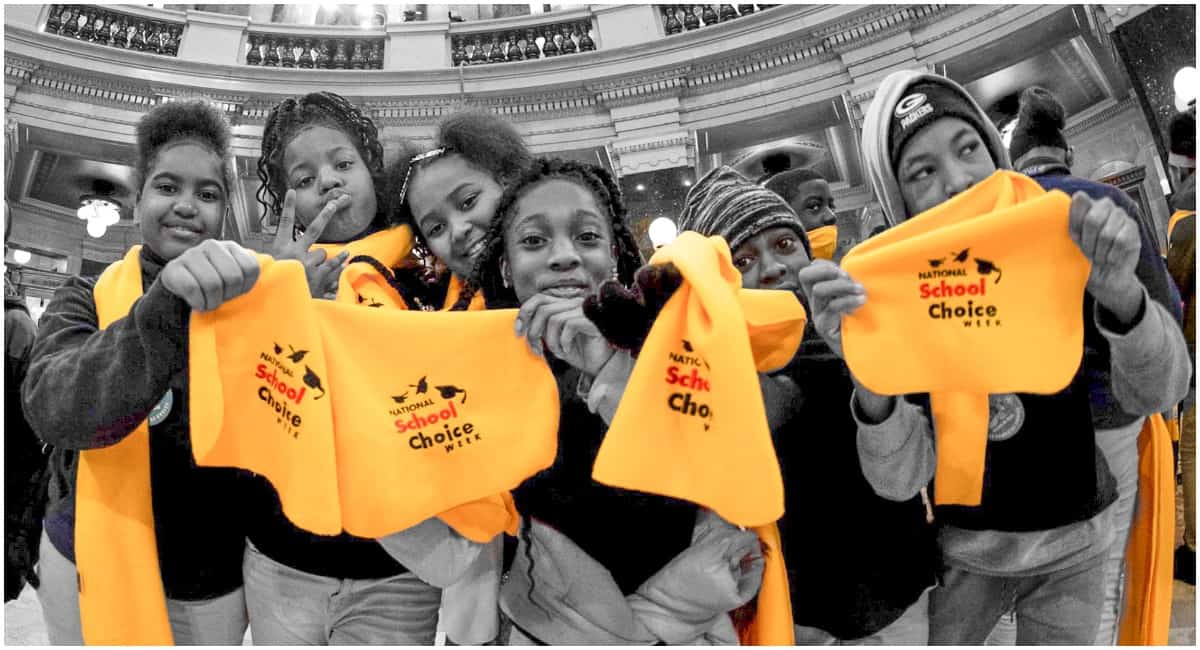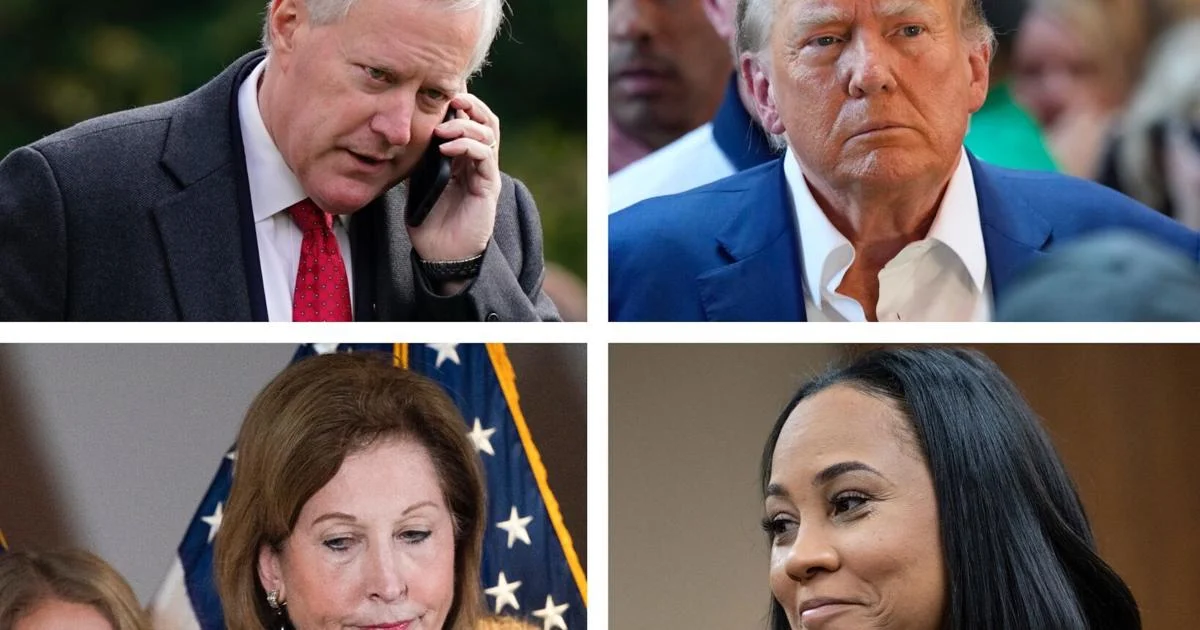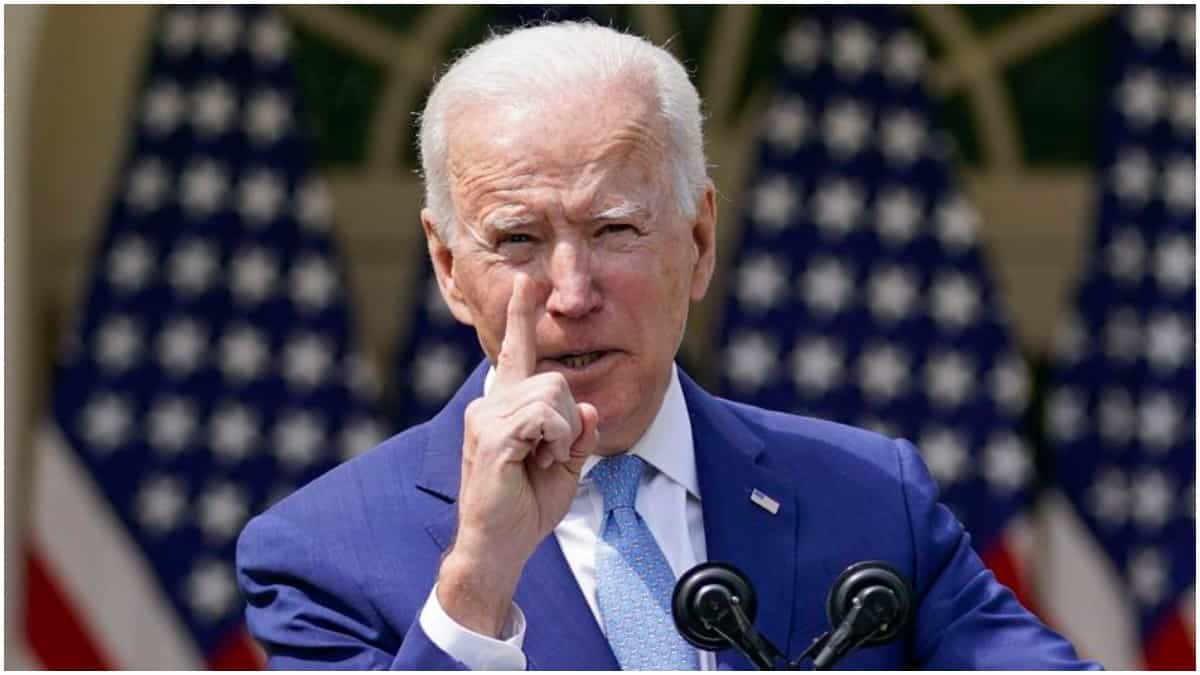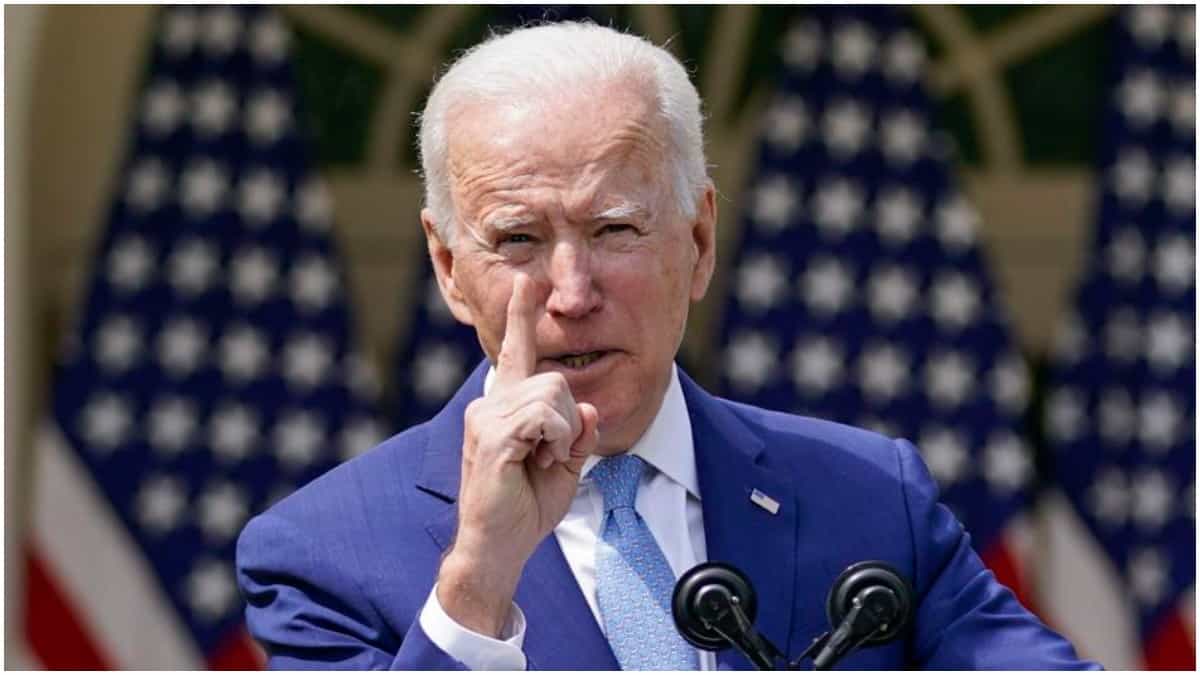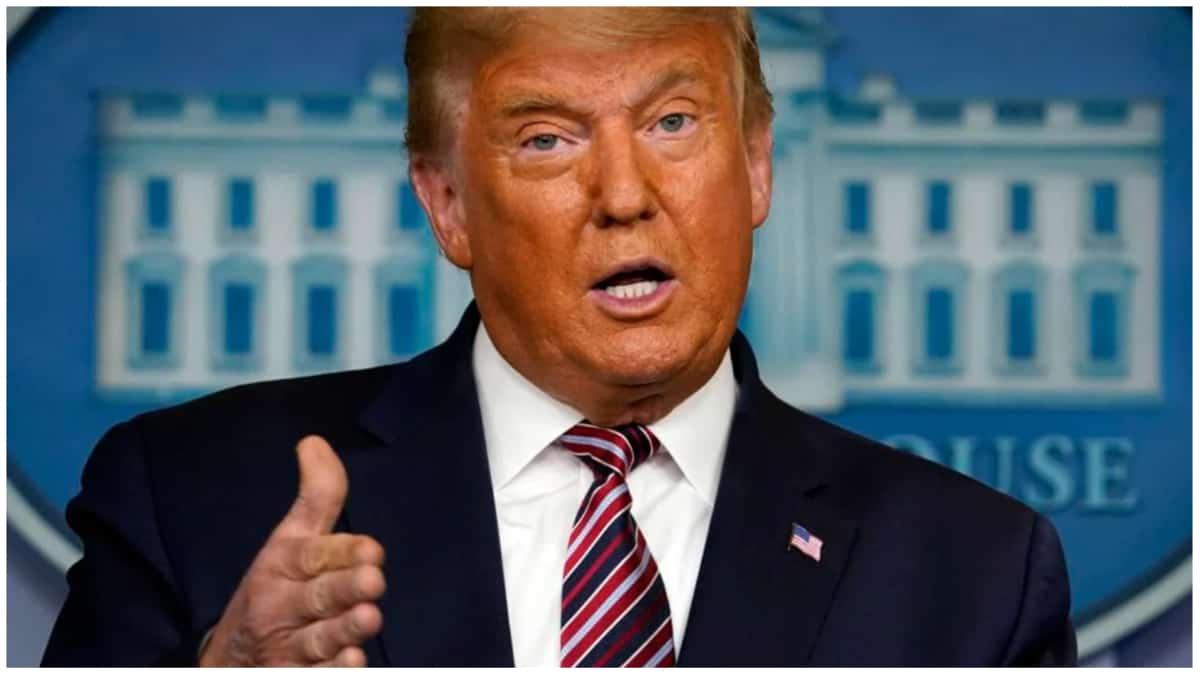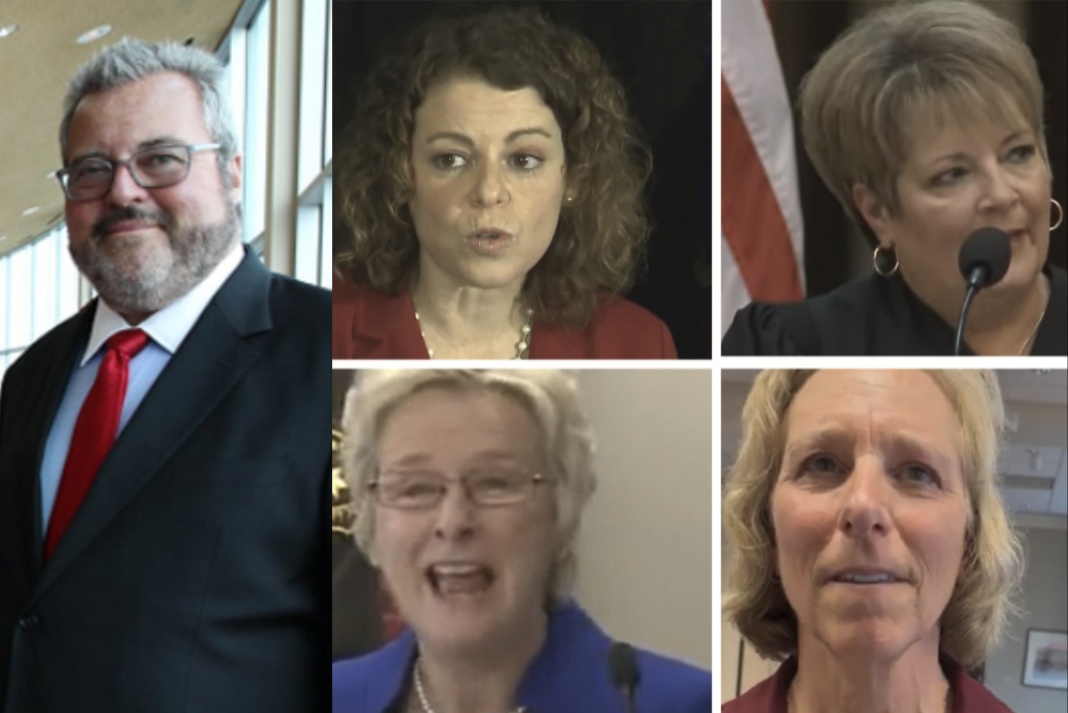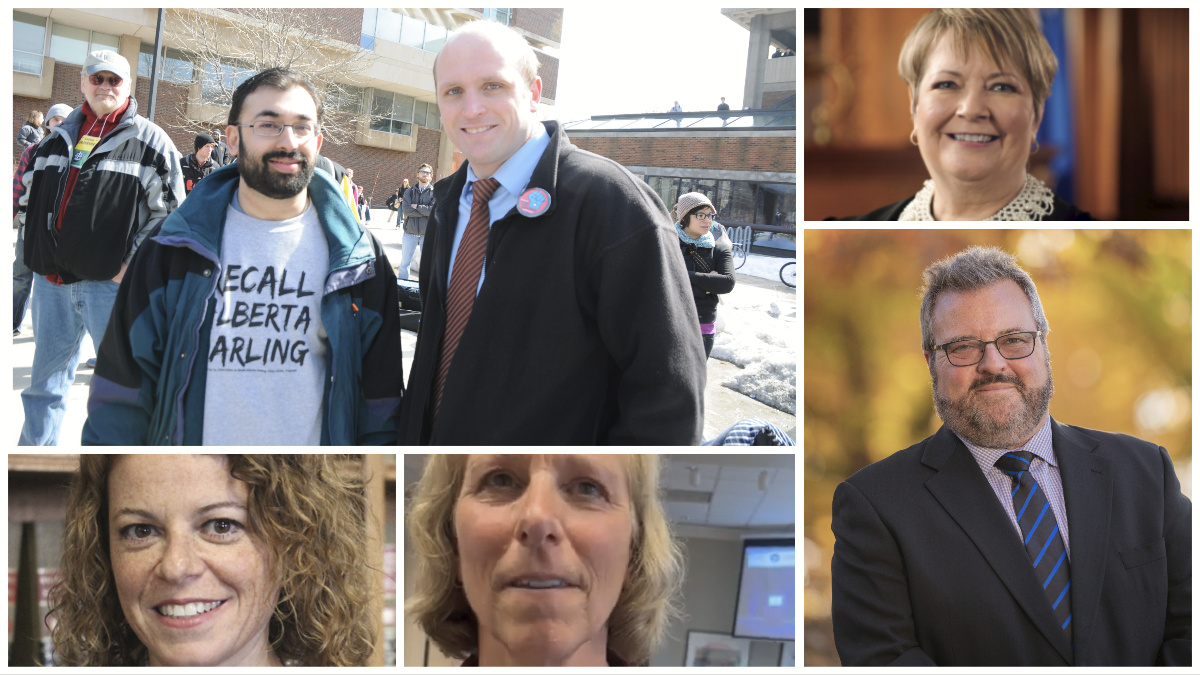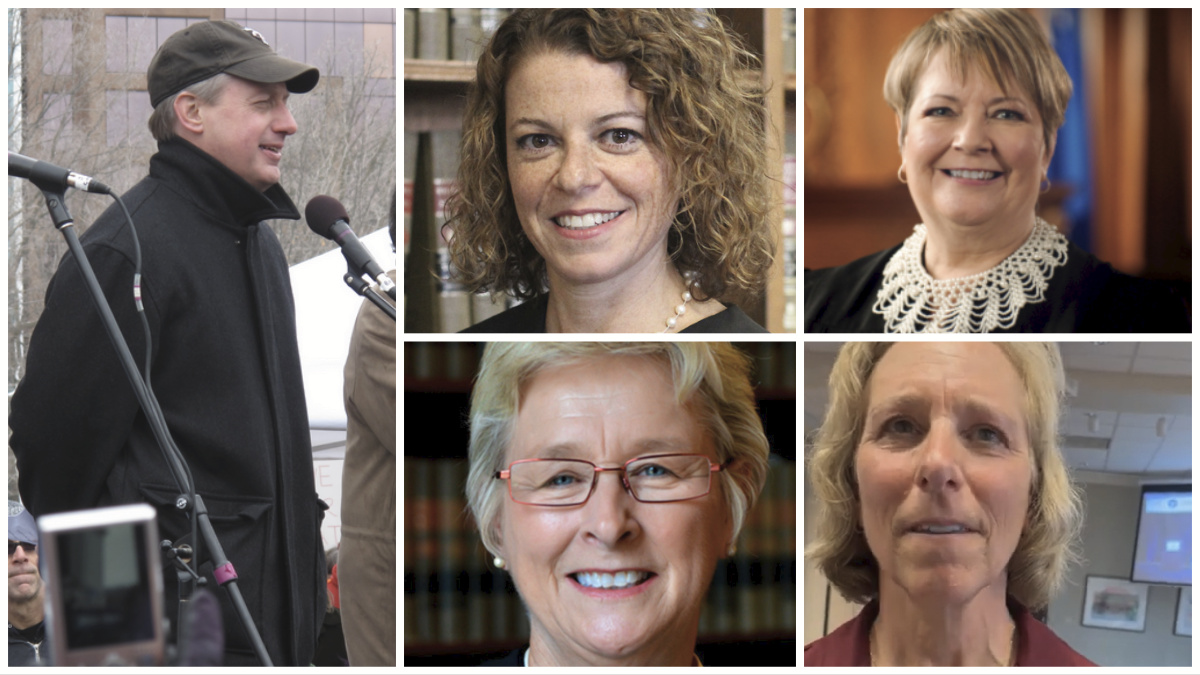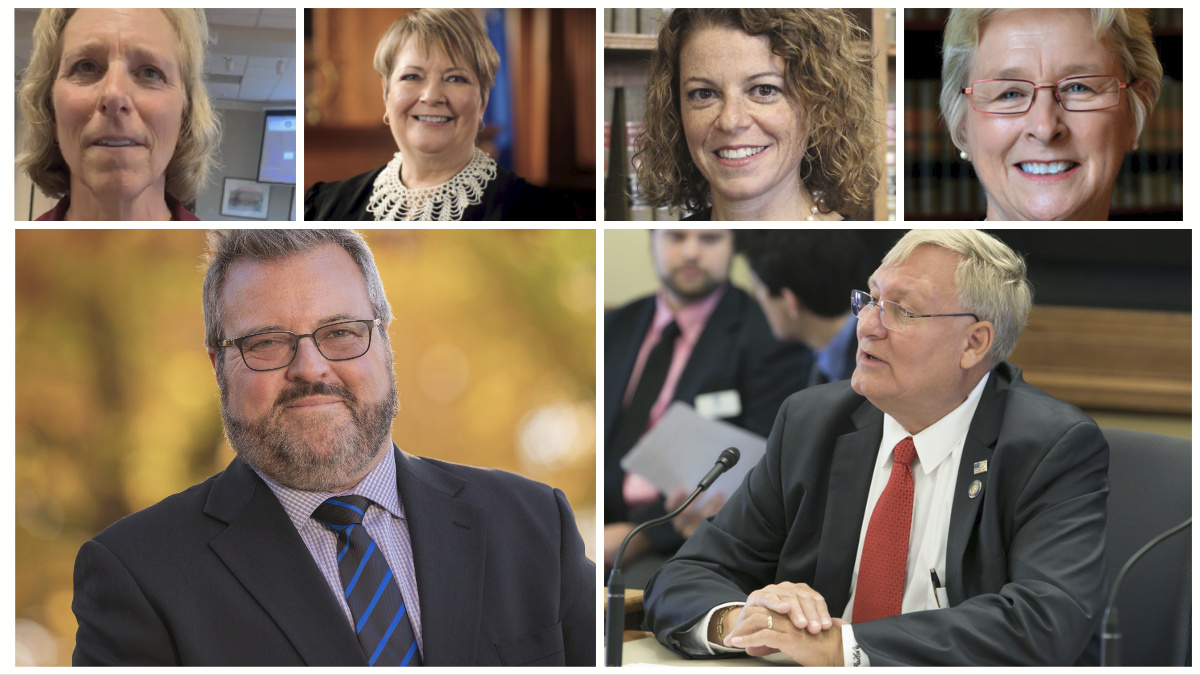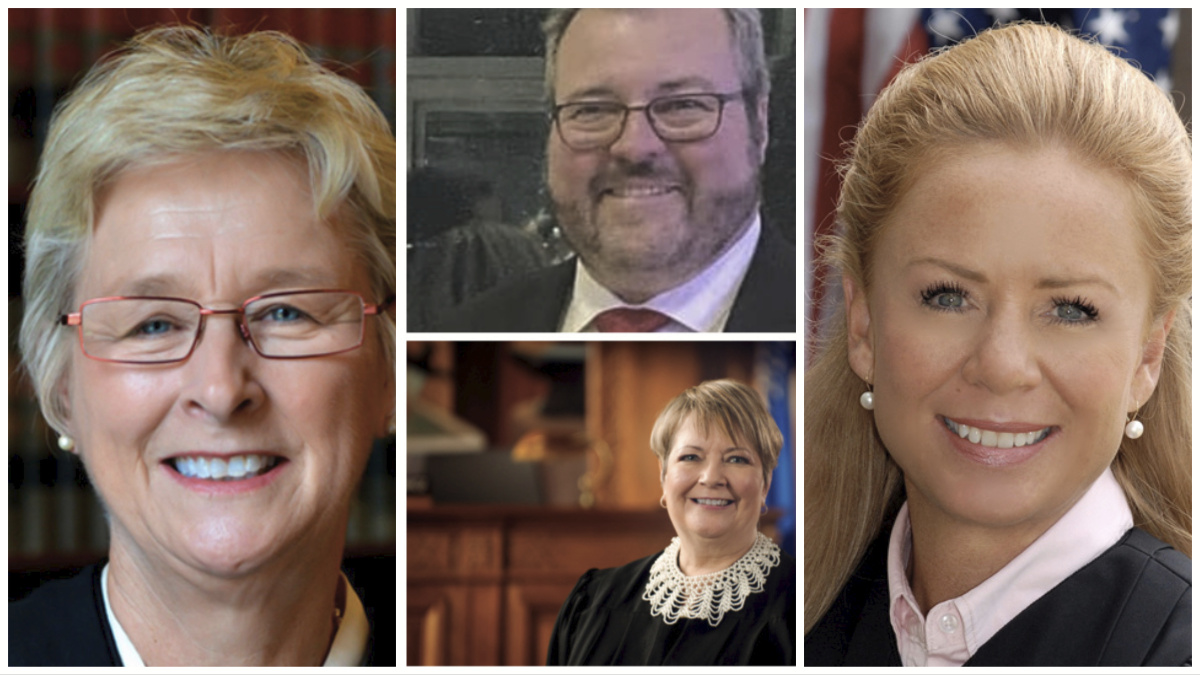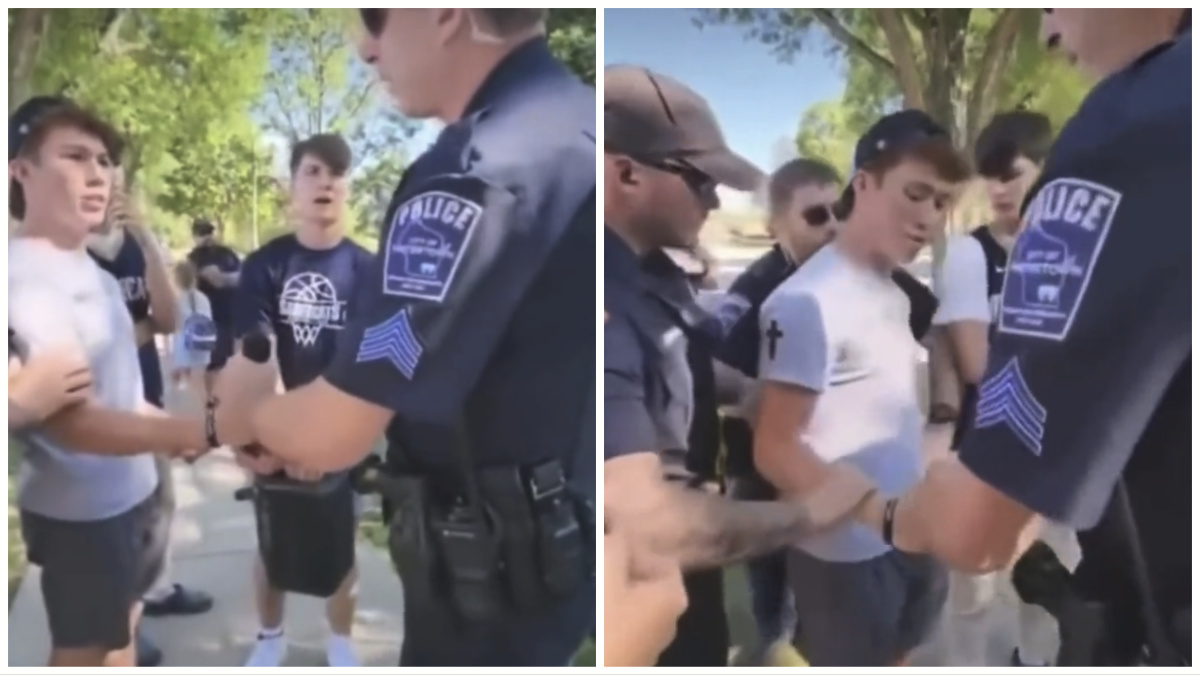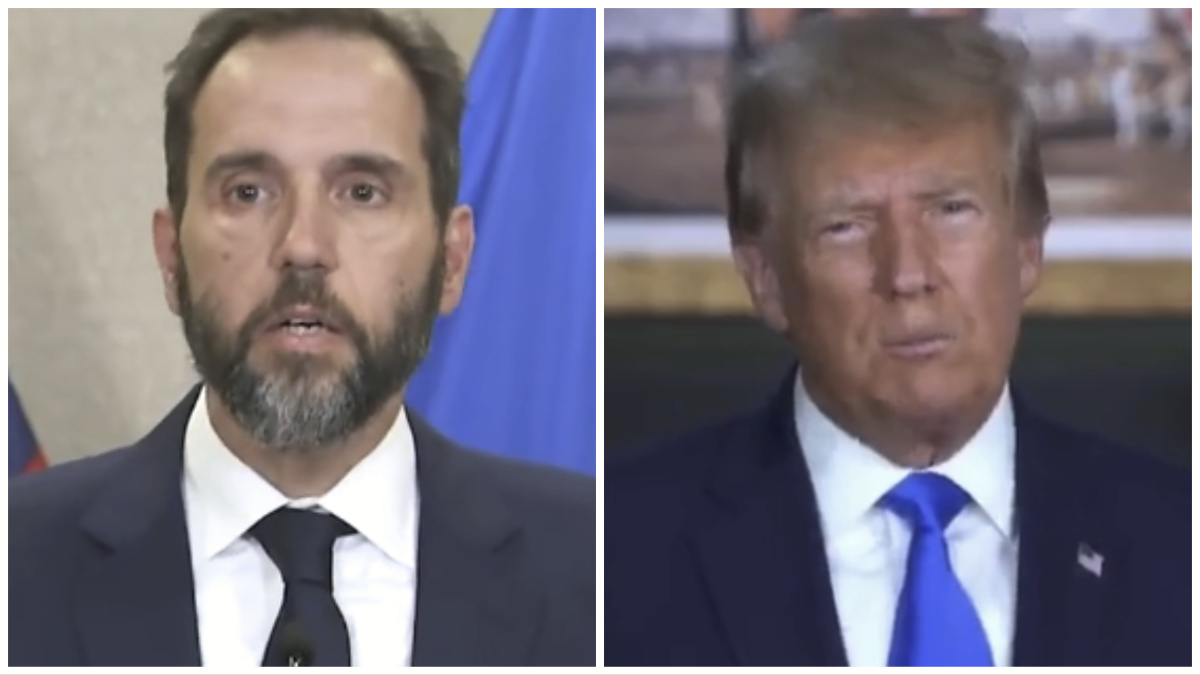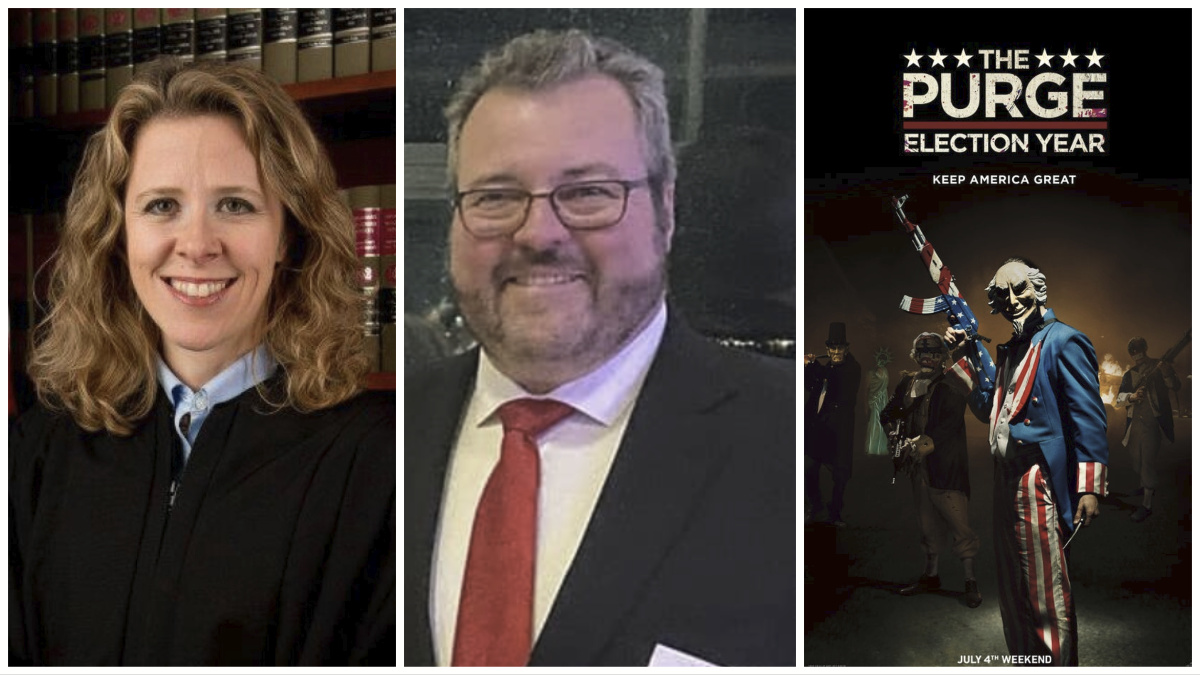Elections have consequences.
Gov. Tony Evers is already taking things off the list of possible compromises at the Wisconsin Capitol.
The governor told WISN TV on UPFRONT that he will not sign a flat tax or universal school choice plan if Republicans send him one.
“A flat tax, if that’s part of the budget, that could end it. If it’s universal school choice across the state for education, that could be a killer too. But we’ll see. I don’t think any of those things are going to happen, so I’m planning on signing a good budget.”
Evers says he assumes that he and Republican leaders can “reach conclusions.”
“I’ll consider anything except for a flat tax that essentially provides tax relief to people that frankly don’t need tax relief,” Evers said. “If there’s some other tweaks that can happen to get a deal, we can take a look at that.”
The governor said during his inauguration speech that he wants more money for local governments, more money for Wisconsin’s public schools, and more access to abortion. Evers has said he also wants to legalize marijuana.
Republican leaders seem open to some compromise.
The Senate Majority Leader last week opened the door to more money for local governments, and there is growing support among Republicans for a medical marijuana program. Some Republicans have also suggested a new abortion law that allows for exemptions in cases of rape or incest.
Evers seemed open to compromising on medical pot, saying on UPFRONT that it all comes down to who can get a medical pot prescription.
“I don’t know as it relates to how restrictive it would be,” Evers said. “It seems to me it should be pretty straightforward, so we’ll see what it looks like. But I’m confident they will come up with a law, a bill that I can sign.”
The governor has long been an opponent of school choice, and has said in the past that he doesn’t want to see any new laws that take money away from traditional public schools.
It remains to be seen just how much cooperation and compromise there will be about Wisconsin’s state budget.
The governor is due to deliver his plan in February. Lawmakers on the powerful Joint Finance Committee will then start their work of crafting a new two-year state spending plan after that.


